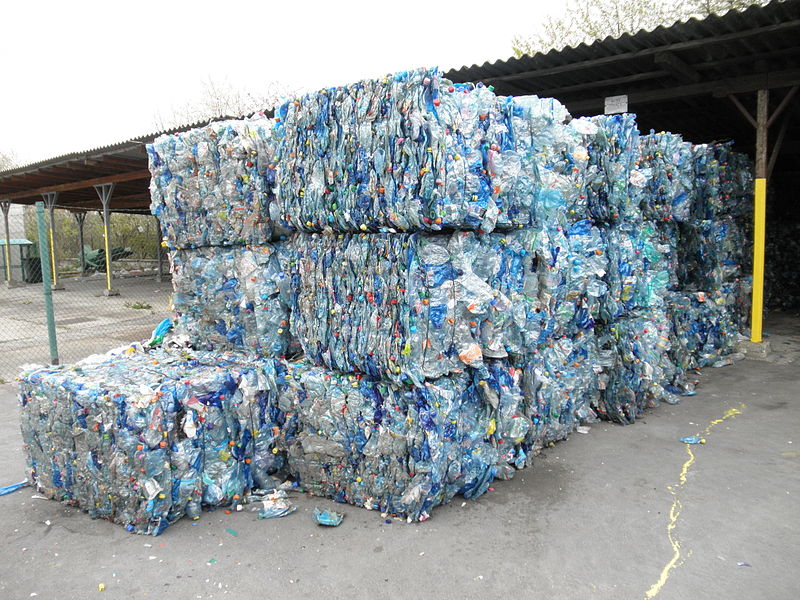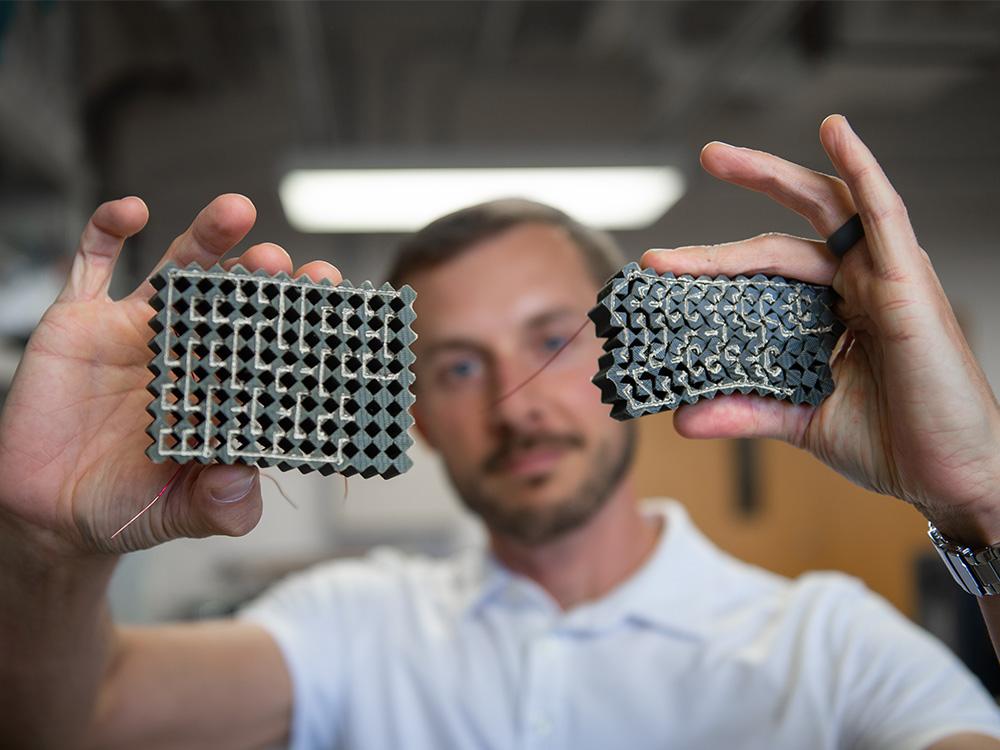Worldwide, one million plastic bottles are purchased every minute and up to five trillion plastic bags are used annually. Billions of tons of this plastic waste is piling up in landfills, polluting lands, and water. Plastic pollution has become one of the most pressing environmental issues today.
Scientists have long been searching for solutions to our plastic trash problem
For decades, scientists tried using enzymes to break down plastics, but these enzymes had shortcomings.
Now, a team of researchers at the University of Texas has successfully addressed some of the shortcomings of these enzymes. They developed a powerful version that digests PET plastics at six times the speed.
Researchers formed a machine learning model to generate mutations of a natural enzyme that can eat some forms of plastic in just 24 hours. The identified enzyme has been dubbed FAST-PETase (functional, active, stable, and tolerant PETase).
The newly created enzyme variant has the potential to eliminate billions of tons of landfill
The FAST-PETase proved highly useful at breaking down PET plastics at less than 50 degrees Celsius. It was able to degrade 51 different untreated PET products in a week, and some were also broken in as little as 24 hours.
As the portable enzyme operates at temperatures between 30 and 50 °C (86 and 122 °F), it can be used as a breakthrough solution to clean up polluted sites.







